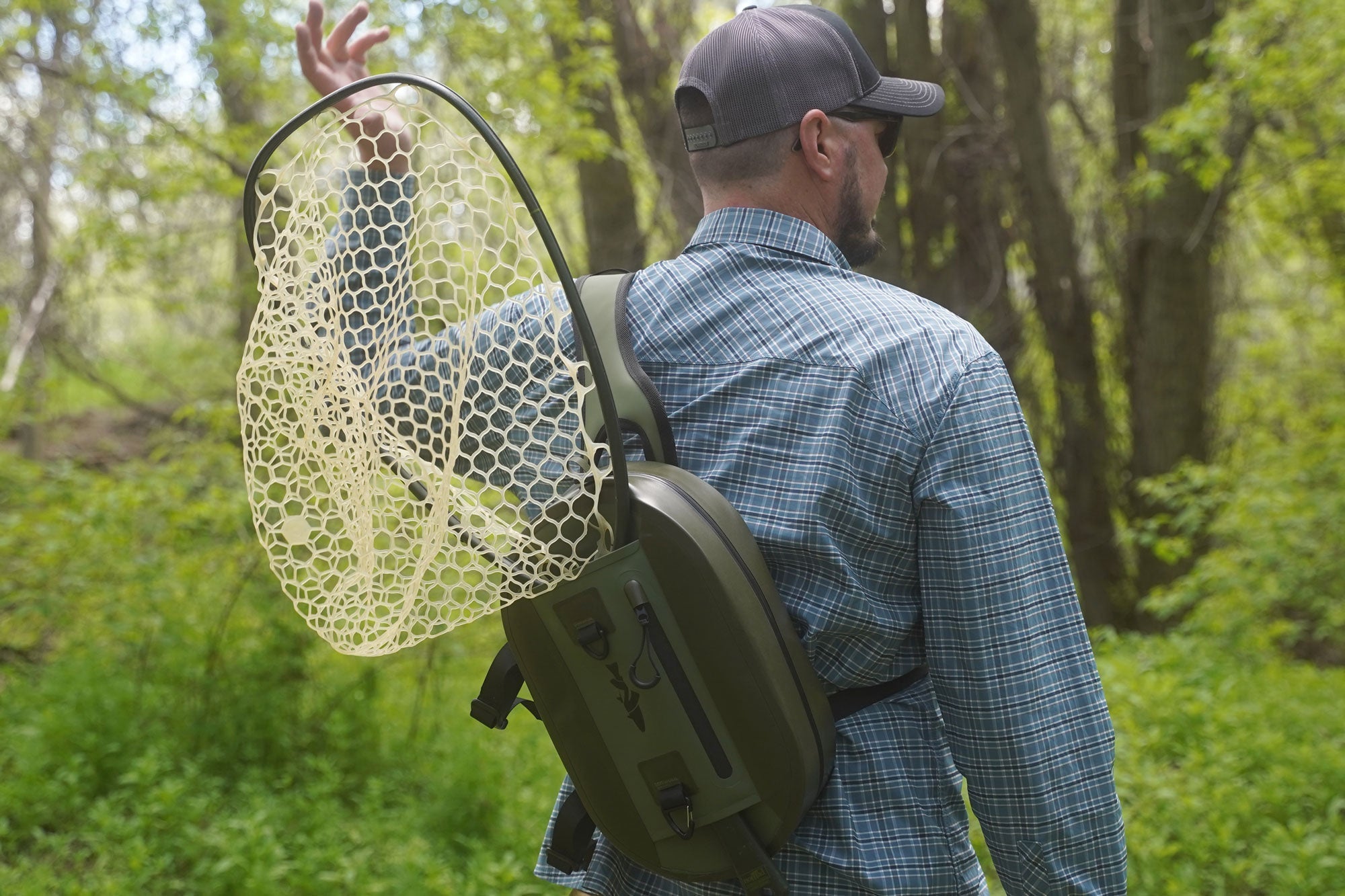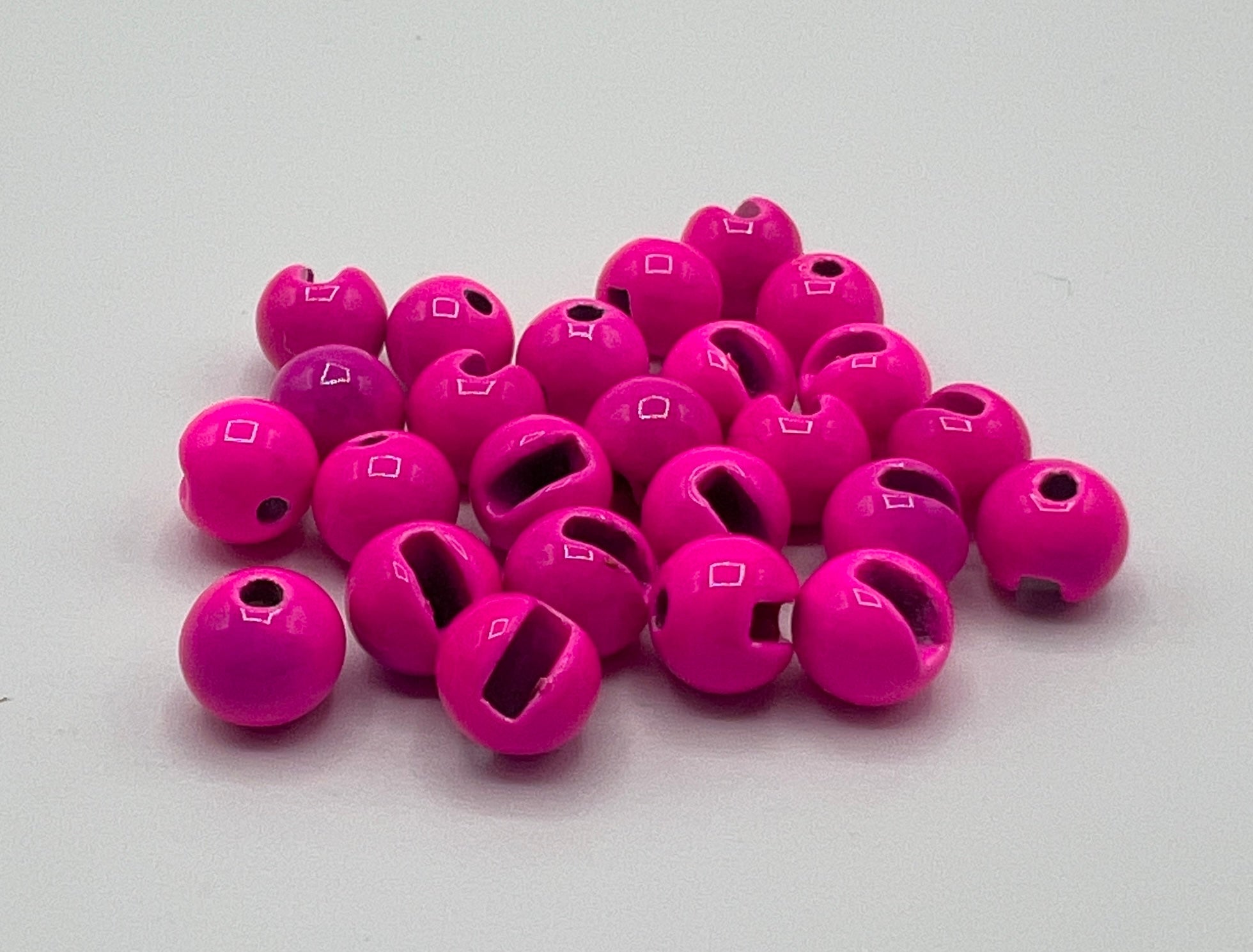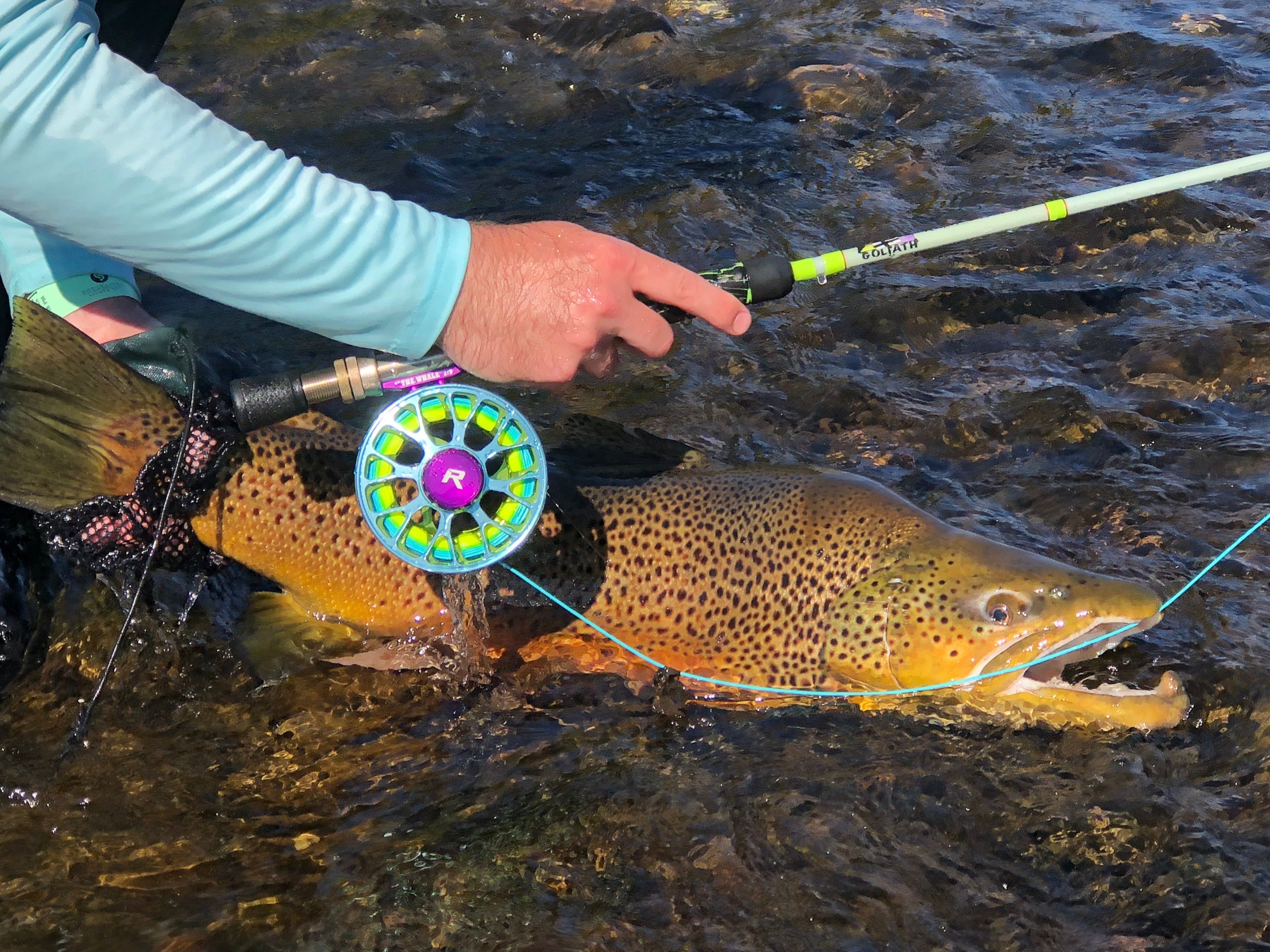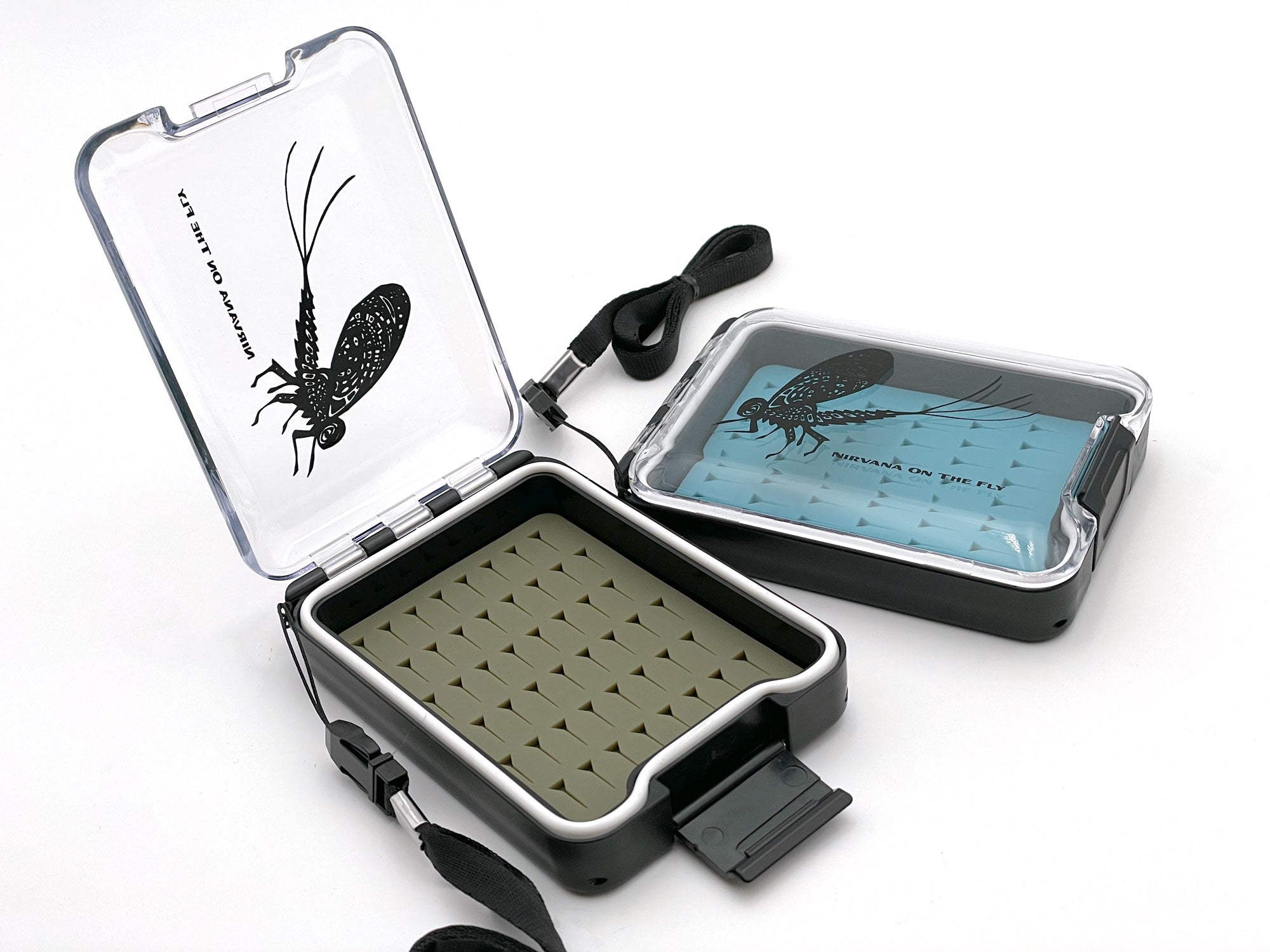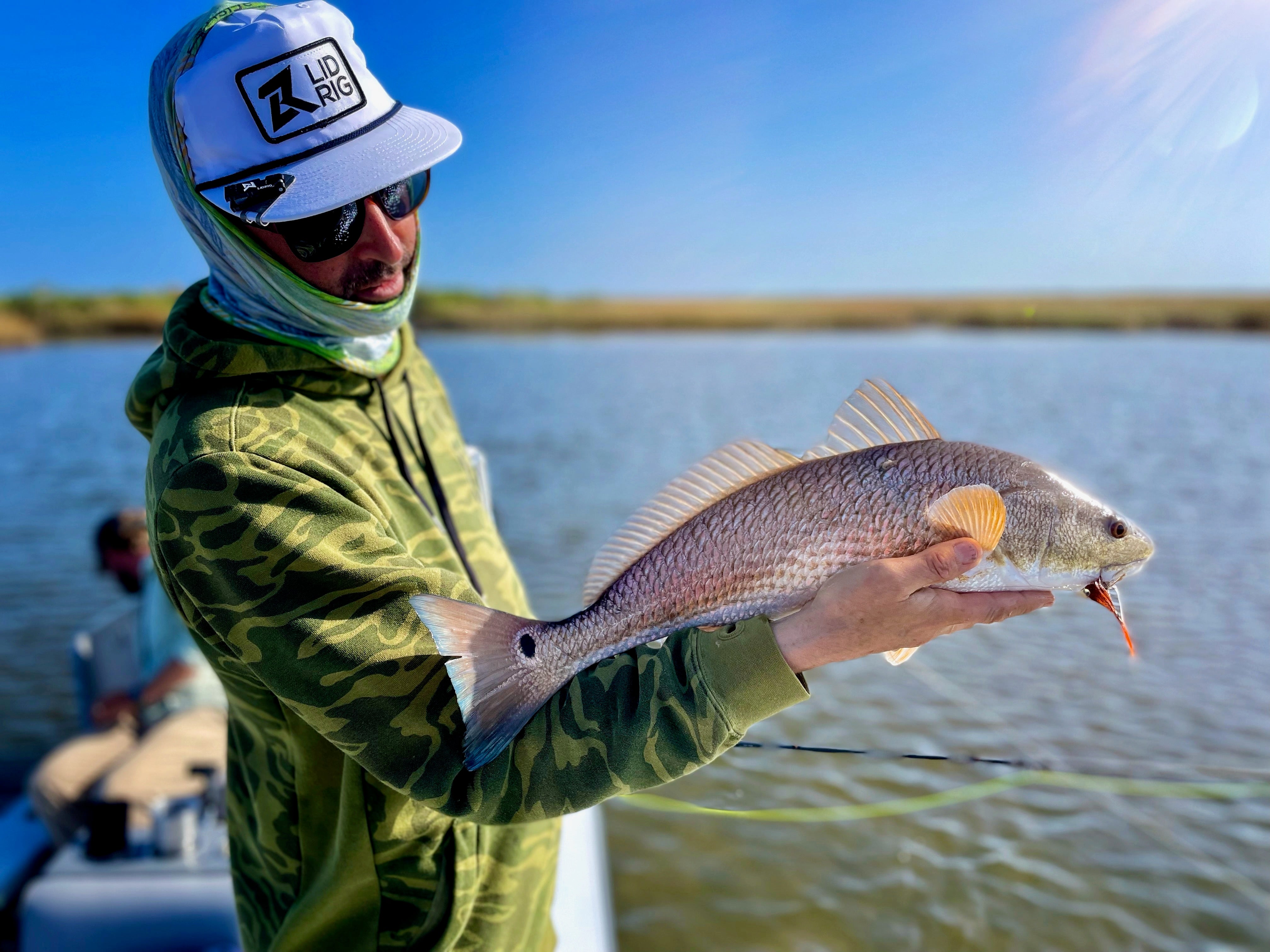Visualization, recognized for its effectiveness across various psychological and sports disciplines, represents a pivotal technique in optimizing athletic performance. This cognitive practice, involving the mental simulation of specific activities, has garnered empirical support for its ability to enhance performance, focus, and goal attainment across a spectrum of sports. Within the domain of fly fishing, a sport characterized by its demand for precision, patience, and environmental awareness, visualization serves as a potent tool for skill enhancement and mental preparation.
Scientific Foundations of Visualization
Visualization operates through the mental rehearsal of a given activity, engaging neural pathways associated with the actual physical execution of the task. This cognitive process is underpinned by the theory of functional equivalence, which posits that imagining an action activates the same neural networks as physically performing it. Research indicates that visualization can bolster motivation, augment confidence, refine motor skills, and assist in managing competition-induced anxiety, thereby facilitating a heightened state of focus.
Application in Fly Fishing: A Precision-Driven Sport
Fly fishing, distinguished by its reliance on rhythmic casting techniques and an intimate understanding of aquatic ecosystems, exemplifies the benefits of visualization in sports. This section explains the role of visualization in the context of fly fishing, highlighting its application in environmental assessment, casting proficiency, and adaptive strategies.
A practice I employ regularly is quickly visualizing my cast as being perfect. This happens in three scenarios. I practice it by employing the method during practice sessions, on the drive to the water, and right before making the cast. I’ve found that the hardest part is overcoming the visualization of error. Instead ignoring all of that and focusing on good casting only. To combat this I work hard to make sure to end each casting practice season with at least 3 solid casts.
Environmental Visualization
Before engaging with the water, proficient anglers often employ visualization to conceptualize the river's dynamics, including current patterns and potential fish behaviors. This preparatory mental exercise aids in strategizing casting locations and movements, thereby optimizing fishing efficacy.
Although you have no control over environmental conditions you do have control over how you handle them. Is your gear ready and in order, have you practiced in similar bad situations? What techniques can you utilize to overcome the environmental obstacles?
Casting Technique Enhancement
The intricacy of fly casting, necessitating precise coordination and timing, benefits significantly from visualization. Anglers practicing mental rehearsal can refine their casting mechanics, focusing on aspects such as the arc of the cast, the synchronization of release, and the accuracy of fly placement.
My favorite preparation tactic is to cast at targets with my eyes closed. Telling myself what is needed for a perfect cast and where I want it to land. Observing then visualizing the cast and performing it with my eyes closed. When doing this I concentrate on the casting feeling and movement and that is what translates on the water. It’s like I lock in on the feelings and not the thoughts.
Preparing for the Catch
Visualization of the moment of strike—when the fish engages the fly—prepares the angler for the swift, decisive actions required for a successful hook set. This anticipatory practice enhances reaction times and the effectiveness of the angler's response.
A simple technique here is visualizing that you will get a take on your first cast. Often I see anglers cast and not anticipating a strike. Why wouldn’t you? After all, your first cast is often your best chance.
Navigating Environmental Challenges
The variable nature of fly fishing conditions, from wind shifts to physical obstructions, demands adaptability. Visualization of coping strategies for potential challenges enables anglers to swiftly adjust their techniques and tactics, maintaining performance despite environmental flux.
This is the same as mentioned above but you are now focused on more non-water-related obstacles and how to handle them. Wind anticipation is a huge one. How do I combat that with the angle of approach, line speed, cast changes, etc?
Integrative Practices for Effective Visualization in Fly Fishing
- - Relaxation as a Precursor: Initiating visualization with relaxation techniques can enhance mental clarity and receptivity to imagery, forming a conducive environment for effective mental rehearsal.
- - Detail-Oriented Imagery: The effectiveness of visualization is proportionate to the vividness and specificity of the mental images. Detailed simulations, incorporating sensory experiences and realistic scenarios, are more likely to translate into performance improvements.
- - Goal-Oriented Visualization: Focusing on attainable objectives, tailored to the individual's skill level and environmental conditions, reinforces a positive feedback loop, bolstering self-efficacy and outcome expectancy.
- - Consistency in Practice: The benefits of visualization are cumulative, necessitating regular integration into the angler's preparatory regimen to maximize skill development and psychological readiness.
Conclusion
The practice of visualization transcends traditional mental exercise, offering a scientifically supported avenue for enhancing athletic performance. In fly fishing, where precision, environmental synchronization, and adaptability are paramount, visualization emerges as a critical component of the angler's toolkit. Through dedicated application, anglers can leverage visualization to refine technical skills, foster environmental attunement, and navigate the dynamic challenges inherent in the sport, thereby elevating their overall performance and engagement with the art of fly fishing.
Want more documented proof of the importance of positive visualization then explore These examples to demonstrate the power of positive visualization in enhancing performance in professional sports.
- Elite Athletes and Visualization: Many elite athletes routinely use visualization techniques as part of training and competition. These techniques help cultivate a heightened state of mental awareness, which boosts confidence and overall well-being, enhancing performance1.
- Mental Imagery: Mental imagery is a multi-sensory process that creates a vivid mental image of a particular process. It plays a central role in the execution of movements and human functioning. Studies have shown that mental imagery improves an athlete’s motor skills during competition and their ability to learn new skills during training1.
- Lyndon Rush and the Olympics: Canadian bobsledder Lyndon Rush used imagery to keep his head in the game throughout the long, arduous four years of training between the 2010 and 2014 Olympic Games. He would visualize the track in his mind throughout the year, even while doing mundane tasks like brushing his teeth2.
- Emily Cook’s Sensory Imagery: Emily Cook, a veteran American freestyle skier and three-time Olympian, used specific imagery scripts and mental rehearsal involving all the senses to maintain longevity in her sport2.
- Boosting Performance: Visualization plays a significant role in boosting performance by increasing confidence and reducing performance anxiety. By mentally rehearsing successful outcomes and envisioning themselves performing at their best, athletes and exercisers build self-efficacy and develop a strong belief in their abilities34.
Download the Dry Fly Tactics for Selective Trout eBook

***Do you want to get deals on equipment, fly fishing trips, and lots of information? Become a member of the Loyalty Club on the Fly Fishing Insider Podcast.

By Christian Bacasa
Host of the Fly Fishing Insider Podcast
Fly Fishing Insider Podcast Official Website
Instagram Fly Fishing Insider Podcast
Instagram Dupeafish
Facebook
Pinterest
Twitter
LinkedIn
Tumblr
Watch on YouTube


